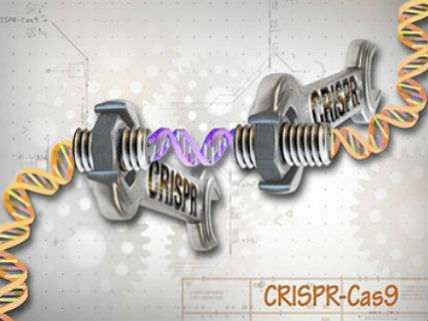Ronald Bailey Argues that Gene-Editing Human Embryos Is Ethical
And that bioethicists and scientists who say otherwise are wrong.

A bioethical firestorm erupted last week when Chinese researchers at Sun Yat-Sen University published research in the journal Protein & Cell detailing how they had tried to use the wonderful new CRISPR gene-editing tool to change the genomes of 86 human embryos. The Chinese scientists essentially ignored recent calls for a moratorium on editing human reproductive cells and embryos. The eventual goal is to use CRISPR to alter defective genes in embryos such that any subsequently born babies will be disease-free. Reason Science Correspondent Ronald Bailey argues that if using perfected CRISPR gene-editing techniques to cure disease or correct defective genes is moral, then it is immoral to slow progress toward achieving that goal.


Show Comments (0)